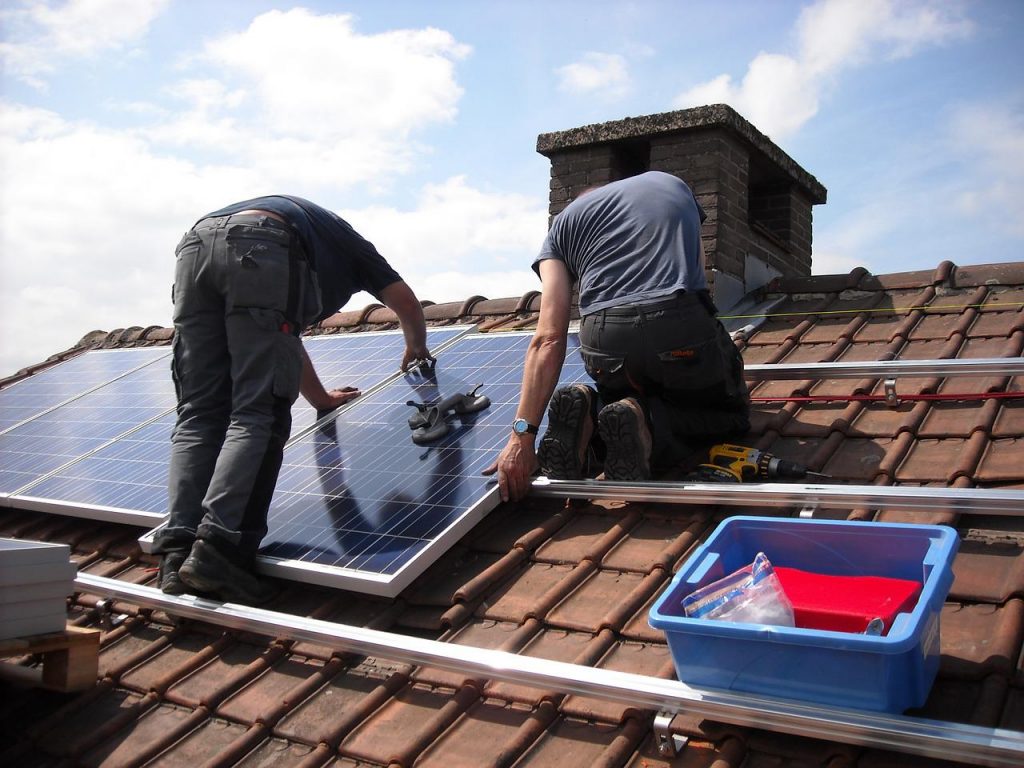How Inflation May Actually Save You Money In The Long Run
The Inflation Reduction Act was designed with provisions to help families recoup some money during tax season by getting rebates for things like solar panels and electric car purchases.
This article is more than 2 years old
Money is getting tight these days for everyone, thanks to inflation. The federal government recently passed the Inflation Reduction Act to try and help ease the pain for American consumers. But does this bill truly mean good news for the average American?
The Street sat down with CPA Lisa Greene-Lewis, to discuss this very question. There are some potentially beneficial tax breaks hidden in the bill. You (or your accountant) just need to know they exist.
Greene-Lewis pulls back the veil for you in her interview with The Street. So you can enter tax season with confidence. And hopefully save a little, despite inflation.
First up (since it’s already the talk of the town these days) is cars. The Inflation Reduction Act continues the existing $7,500 tax credit for purchasing a new electric vehicle, which is good news. However, the bill adds one additional provision.
With the Inflation Reduction Act, you can get a break even if you purchase a used electric vehicle. The new provision allows for a credit of up to $4,000 for used EVs. However, there are some important caveats you need to know.
As of August 17 this year, only EVs that had their final assembly done in the US will qualify for the tax credit. Additionally, there are some stipulations regarding income and qualifying cars. Definitely speak with a CPA for additional information.
Another impact the Inflation Reduction Act has is for homeowners. When you install energy-efficient options in your home, you can still get a tax credit for those installations. But, that savings increased.

Any homeowner who chooses to add solar panels can claim a non-business property credit of 30%. Additionally, homeowners can opt for other energy-efficient upgrades, such as doors, windows, and appliances. The credit for any of those changes is up to 30%.
Additionally, if you are in the market for new health insurance, the Inflation Reduction Act has something for you too. Provisions in the bill include subsidies to assist those who source their insurance from the insurance marketplace. These subsidies will help offset the monthly health insurance cost, which is welcome news for many.
That feels like a lot of information, but it is only scratching the surface. The Inflation Reduction Act has many provisions like these built in. And those may ultimately help many Americans in these difficult financial times.
So, where do you start? And how do you keep it all straight? Greene-Lewis has some sage advice for anyone looking to save on their next round of taxes.
She said “one thing to remember. You don’t need to know these tax rules. You can come to TurboTax and you can fully hand your taxes over to a TurboTax Live expert, and they’ll do your taxes from start to finish.”
That is great news for Americans who would appreciate the savings but are unsure how to navigate the system. Taxes can get confusing, and the new provisions in the Inflation Reduction Act add an additional layer of complexity. Reaching out to a trusted CPA will ensure you find the best tax credits possible.




